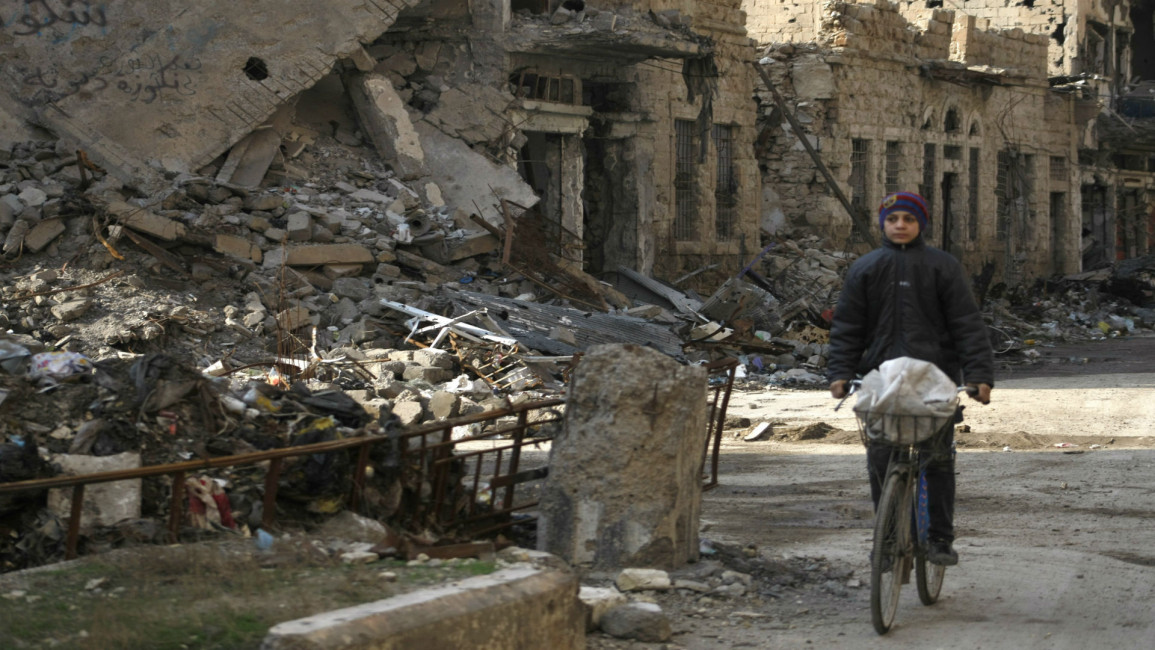UN carries out first airdrop of aid in Syria
The UN's World Food Programme on Wednesday carried out its first humanitarian airdrop in Syria's Deir ez-Zour, where thousands of people are besieged by Islamic State militants.
The UN's World Food Programme on Wednesday carried out its first humanitarian airdrop in Syria's Deir Az-Zour, where thousands of people besieged by Islamic State group (IS) militants are facing severe food shortages.
"Earlier this morning, a WFP plane dropped the first cargo of 21 tonnes of items into Deir ez-Zour," in eastern Syria, UN aid chief Stephen O'Brien said.
Reports from aid teams on the ground confirm that "pallets have landed in the target area as planned", he told a UN Security Council called to discuss the humanitarian crisis.
But UN spokesman Stephane Dujarric later told reporters the WFP was still trying to get information on where the aid ended up, suggesting it may not have all reached the target area.
“As you know, airdrops can be very challenging,” he said. “The pallets were dropped. They’re [the WFP] trying to reach local partners to ensure that the aid was received.”
“There may have been some difficulties in terms of the pallets.”
Syrian activist Amer Huwaidi told The New Arab that the Syrian Red Crescent will take charge of distributing the aid.
However, Huwaidi added that the delivered aid was not enough for all the besieged families in the city.
UN agencies are working to scale up aid deliveries to Syria before a cessation of hostilities enters into force at midnight Friday to shore up peace efforts.
Last month, Russia said it had dropped aid into Deir ez-Zour, where some 200,000 people are in dire need of food and medicine since IS fighters surrounded the city about a year ago.
The airdrops carried out by the World Food Programme are considered less efficient than land deliveries, but O'Brien argued that there were "benefits to this approach as a last resort."
The UN aid chief said some 110,000 people living in besieged towns had received aid and that deliveries to a further 230,000 people in cut-off areas including through airdrops had been approved.
"We are still waiting for approval for an additional 170,000 people. We expect those approvals to happen immediately," he said.
The United Nations has called on all sides of the Syrian conflict to lift starvation sieges across Syria, where it estimates that 487,000 people live, although some non-governmental organisations say the figure is much higher.
O'Brien stressed that the ceasefire deal agreed by the United States and Russia must produce an "immediate end" to attacks on civilians and civilian infrastructure such as hospitals, schools and markets.
"Enough is enough. This brutality must be brought to an end," he said.
More than 260,000 people have died in Syria's conflict, which began in March 2011 with anti-government protests but has since imploded into a multi-sided proxy war.
Agencies contributed to this report



